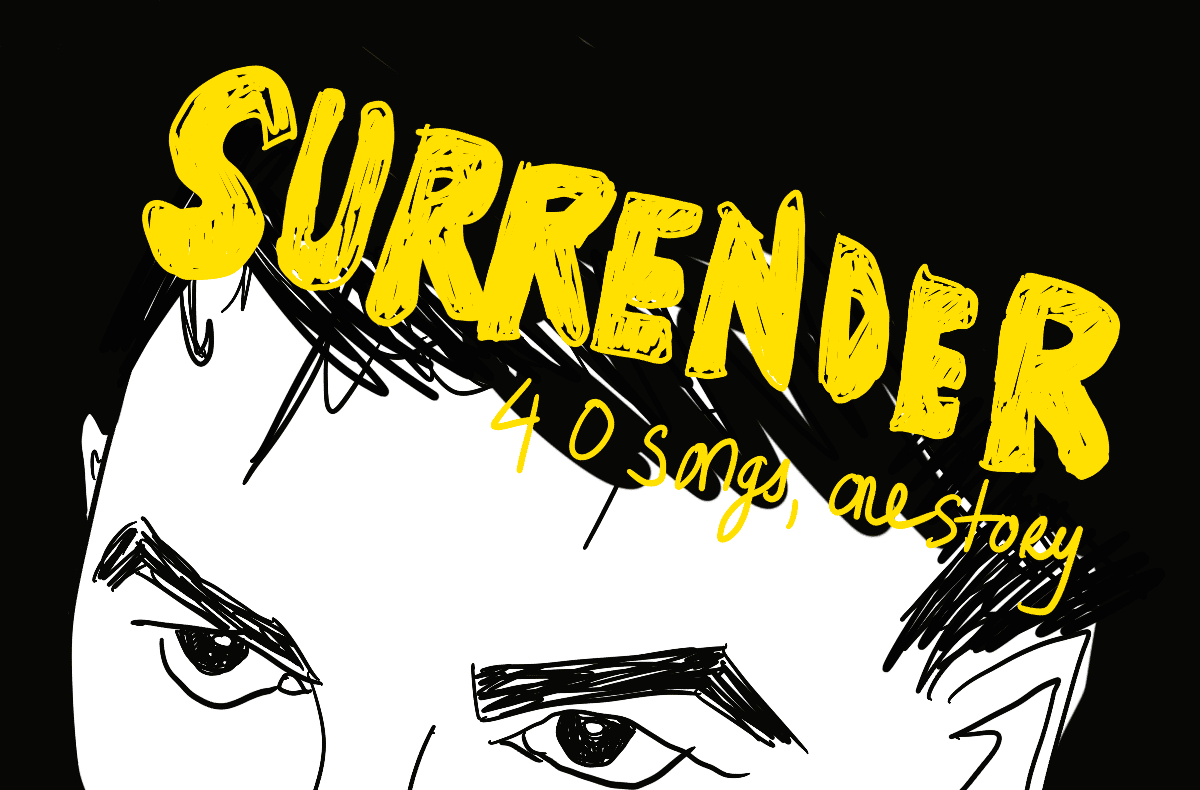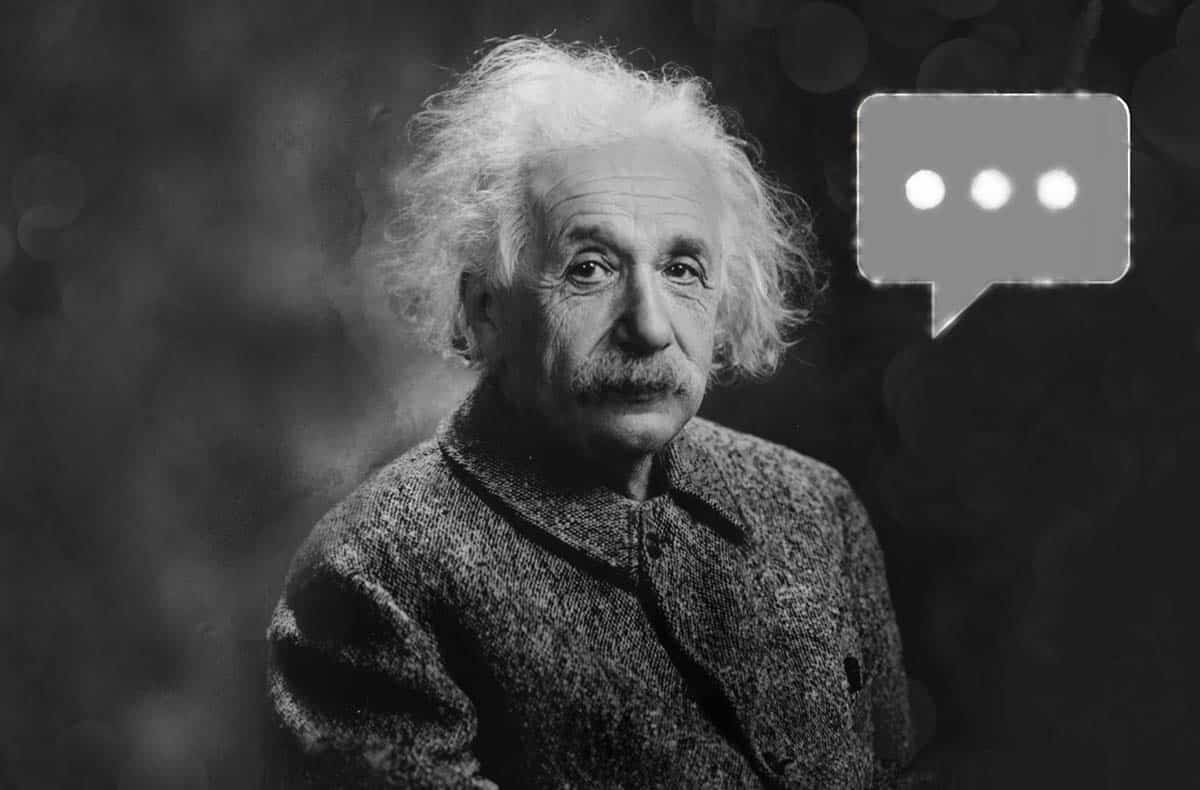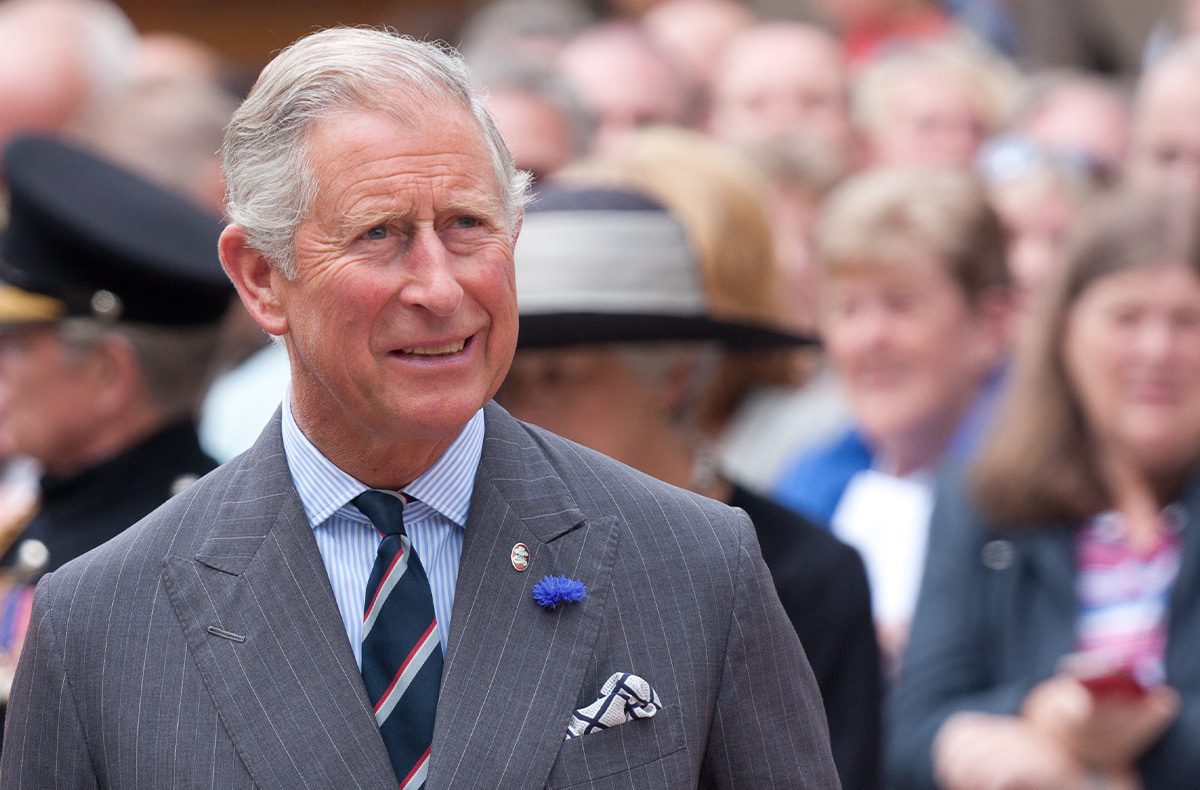
I don’t think “Bono is a pox,” as the graffiti tends to have it, on the walls of Dublin’s fair city. But I do think Bono is a process—revealing the “star-making machinery behind the popular song,” as Joni once sang. And also the temptation to use it for world-shaping reasons beyond the mere shaking of tailfeathers.
Though I’ve seen the tailfeathers up close, too. Promoting our first hit single in 1987, I found myself watching my band do Top of the Pops (a British version of American Bandstand) on a TV in U2’s green room (we’d just opened for them in a Glasgow concert hall).
Bono was there. He was small, ebullient, and bought a chunk of my heart permanently as he sat with my sweater-clad Mum and cooed at her son on the screen. Then he went out on stage—and completely burned down the house.
Bono’s first biography, Surrender: 40 Songs, One Story, is a very enjoyable, open-hearted odyssey. His own lamented mother Iris is as powerful a theme as his do-good glad-handing of Clinton, Bush, Gates (and others, more regrettably). This runs alongside his tortured relationship with his brutal and beautiful hometown and his burning, enduring love for his wife, Ali.
If you come for the rock stories, you’ll get more than enough of them. They record tracks stark naked; Bono tests out new songs on Obama in the White House; Jeff Koons renders U2 as four kittens sitting in four socks for an LP cover. The funniest tale is of their atheist manager, Paul McGuinness, successfully persuading the devout Christians Bono & the Edge not to answer God’s call to break up the band just before a major tour. “Maybe you might ask God if it’s okay for your representative on Earth to break a legal contract…What sort of a God is this?”
But I am always interested in the way that the era of post-punk—in which Bono explicitly situates himself—sparks an irrepressible lust for life in those who passed through it. Punk was three chords and the truth. Post-punk (a bit like postmodernism) was all chords and many truths, opening up a million ways to be angry, ironic, or transcendent.
Bono and his school friends fully seized post-punk’s creative everything. At the same time, they made an “art of the business of music” as well. The Achtung Baby and Zoo tours combined groaning box office receipts with art-school conceits on a massive scale. They redefined what stadium rock could be.
Did the overweening ambition of these post-punks also lead to what one chapter in Bono’s autobiography calls a “White Messiah Syndrome”? If you want a no-prisoners-taken account of Bono as both a shill for neoliberal humanitarianism—and a hypocritical tax dodger to boot—read fellow Dubliner Harry Clarke’s counterblast, titled Frontman: Bono (In The Name of Power) from 2017.
“I came from the left naturally but decided to reach to the other side,” Bono said recently. He’s aware, quoting from Surrender, of “the pseudo-religious part of being a rock star, how we put the messy in messianic.” True, it does feel messy to have pictures in the archive where Bono is joshing with Putin, or hugging Dubya, or recently (surprise, surprise) crooning for Zelensky in a Kyiv subway.
However, on balance, I’m going to give Bono the benefit of many, many doubts.
To be aware that the squeak of a pair of leather trousers or the flourish of a guitar strap can reduce the executive classes to quivering adoration—I know this, it does happen—is one thing. But to have the gumption to then deploy that charisma in opening doors (and pockets) during an era of low morals and regnant capitalism, enabling the world’s poor to be somewhat more relieved from debt and disease than otherwise would have been the case… is quite another thing.
In my own experience, that notorious shout from the streets—“why don’t you just shut up and sing!”—only drives the big-souled artist to take even greater risks with the ethical and political power of what they do. That Bono pressed “play” and “fwd” more often than “pause” or “stop” is, to me, the sign of a great, irresistible dynamo running inside him—not of charlatanry.
A recent interview has Bono presiding at his Dublin local, Finnegan’s, confessing to the journalist (a friend from his teens) that “I’ve always felt like a complete imposter”—but at the same time, that he is “not ready to make peace with the world. In some senses, you don’t want to put your fist down. Defiance is the essence of romance. That’s where rock’n’roll comes in.”
It’s not difficult for us modern, performance-rated persons to feel like imposters, too. We partly enjoy artists because they lay that particular emotional container wide open.
But to have that flawed mess also be the driver of barnstorming music and of risky acts of caritas… That’s not a pox. That’s a process—and a joyous one at that. Wrapped in well-weathered leathers, Bono is YOLO. Thank (his) God.



